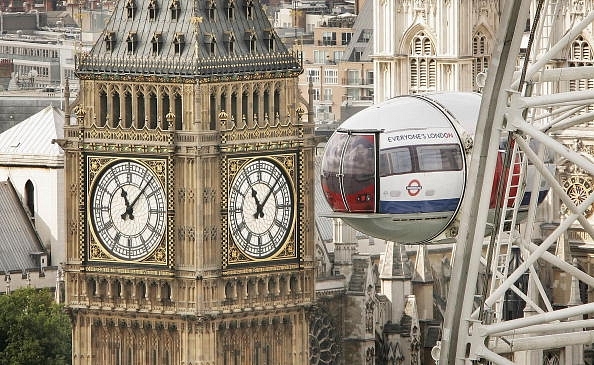
No Separate Legislation For Caste Discrimination Among Indians, Says The UK
The United Kingdom (UK) government has said that no separate legislation on caste discrimination among Indians is required, Deccan Chronicle has reported. It has also said that it can be covered under emerging case law in the country.
Last year, the government had launched ‘Caste in Great Britain and Equality Law - A Public Consultation', for getting inputs from the public to ensure there is ‘appropriate legal protection’ against caste discrimination in Britain.
The report states that, “Out of 16,148 respondents, 8,513 respondents were ‘In favour of relying on case-law’, 2,885 respondents were ‘In favour of legislation’ (that is, inserting caste into the Act), and 3,588 respondents stated that they rejected both presented options. A further 1,113 were coded as ‘Don’t know’ and one respondent stated that s/he was in favour of either option.”
"Having given careful and detailed consideration to the findings of the consultation, the government believes that the best way to provide the necessary protection against unlawful discrimination because of caste is by relying on emerging case law as developed by courts and tribunals," the conclusion report said.
However, some groups have expressed dissatisfaction over the government’s decision to not legislate any law against caste discrimination. They have accused the government of ‘selling itself’ and taking a political decision in the interest of votes. However, other groups welcomed the decision.
“We have worked hard to promote community cohesion for the last 20 years to unite all Hindu and Sikh communities, whatever caste, as one British Indian integrated community into the country's evolving and dynamic culture. Such a legislation would have further divided our communities when our youth here have grown up not even aware of such caste identities. We do not condone any type of discrimination and there already are laws to protect people being discriminated under ethnicity of the Race Relations Act 1976,” said a founding member of UK Hindu Council.
The report concluded that the issue was an ‘exceptionally controversial one’ and noted that if there are cases where the existing case laws are challenged, it would provide the required support to existing legal interpretation.